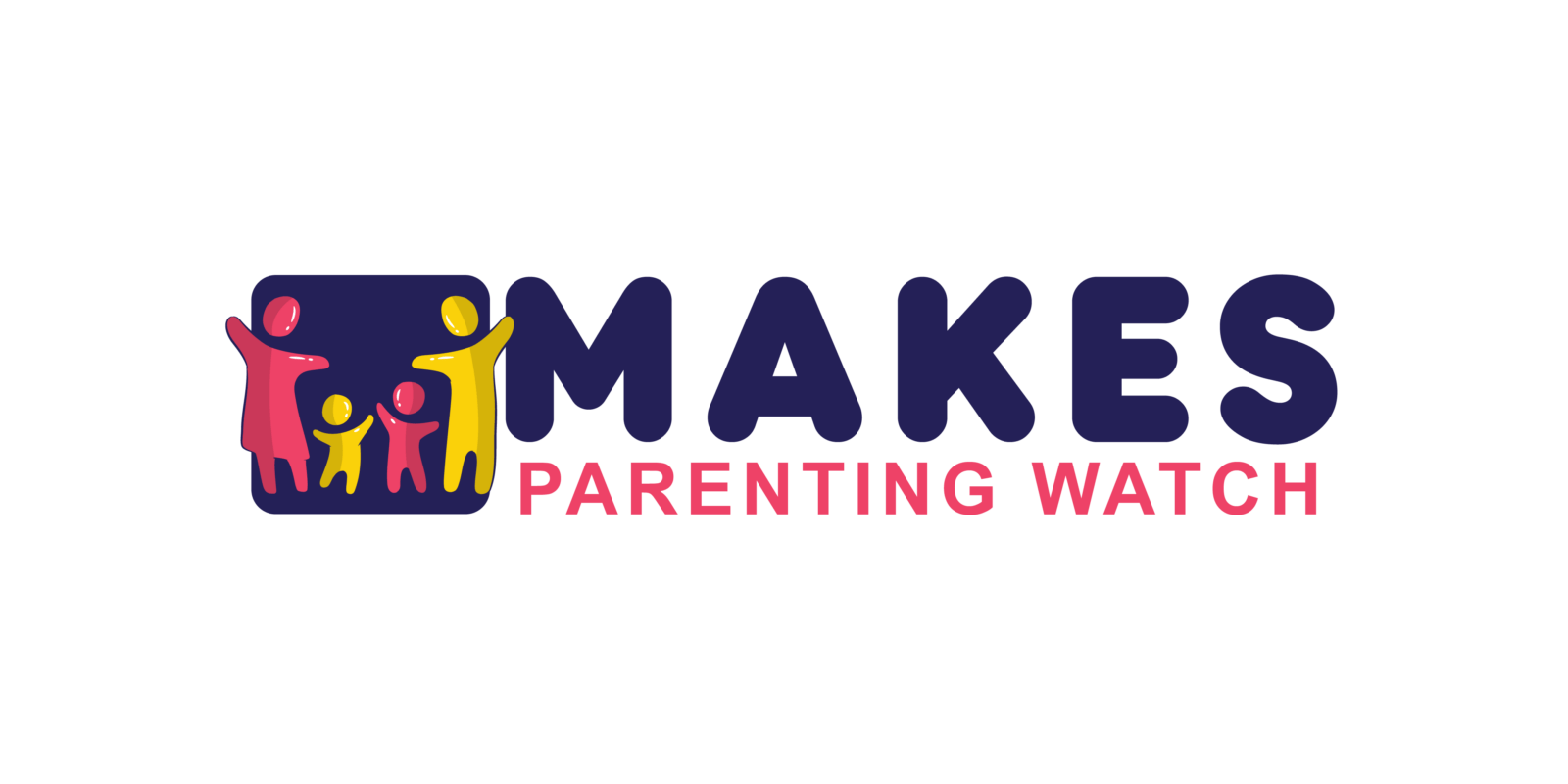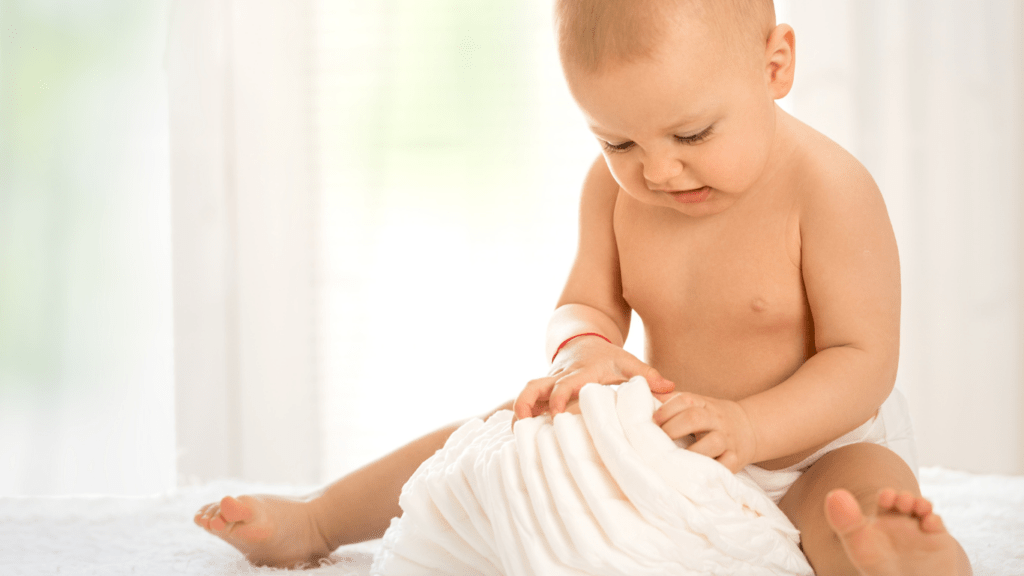What to Expect with a Newborn
Newborns bring both joy and unpredictability. Understanding their basic needs helps set realistic expectations. I found that knowing what to look for and how to respond made those early days more manageable.
Feeding Patterns
Newborns eat frequently. On average, they need to be fed every 2-3 hours. Breastfed babies may require more frequent feedings since breast milk digests quicker than formula. Parents should look for hunger cues such as rooting or sucking on fists. Staying attentive to these cues, rather than relying solely on a clock, proved beneficial.
Sleep Schedules
Newborns sleep a lot but in short bursts. Expect your baby to sleep 16-17 hours per day, often 2-3 hours at a time. Night wakings for feedings are common. Setting a calming bedtime routine early on helps. For instance, dim lights and gentle rocking can signal bedtime. Contacting your pediatrician is advised if there are significant deviations from this pattern.
Diapering Needs
Newborns require frequent diaper changes. It’s common to change diapers every 2-3 hours to prevent diaper rash and maintain comfort. Noticing patterns in wet and soiled diapers can signal hydration levels and feeding effectiveness. Stocking up on essentials like diapers, wipes, and creams ensures you’re always prepared.
Soothing Techniques
Crying is their primary means of communication. Familiarizing yourself with effective soothing techniques proves invaluable. Swaddling, gentle rocking, and white noise often help to calm a fussy baby. Utilizing a pacifier can also provide comfort. Knowing various methods ensures you have options when your newborn feels unsettled.
Health Monitoring
Regular check-ups with a pediatrician are crucial. Monitoring weight gain, growth, and developmental milestones helps track your newborn’s health. Keep a list of questions to ask during appointments to make the most of these visits. Noting changes in behavior or physical appearance can assist in early identification of potential issues.
Bonding and Development
Interacting with your newborn promotes emotional and cognitive development. Skin-to-skin contact, talking, and singing encourage bonding. Engaging with soft toys or black-and-white images stimulates their senses. Each interaction supports them in feeling secure and loved.
Understanding what to expect with a newborn eases the initial stress and helps prepare for the journey ahead. Providing consistent care, staying attentive to their needs, and fostering a nurturing environment ensures your baby thrives.
Essential Newborn Supplies

New parents face many decisions about what their baby needs. Having the right essentials helps ensure smooth daily routines.
Clothing and Diapers
Babies need comfortable clothing and sufficient diapers to stay clean and dry. I’ve found that these items are crucial:
- Onesies: Babies need at least 8-10 onesies. They’re easy to put on and comfortable for sleep or play.
- Sleepers: Opt for 6-8 sleepers with snaps or zippers for nighttime changes.
- Socks and Mittens: 5-6 pairs to keep their feet warm and prevent scratching.
- Diapers: Newborns use 10-12 diapers daily, so stockpile them in both disposable and cloth varieties.
- Wipes: Use gentle, hypoallergenic wipes to avoid skin irritation.
Feeding Supplies
Feeding time is critical for bonding and nourishment. Equip yourself with these supplies:
- Bottles and Nipples: Have at least 6-8 bottles if you’re bottle-feeding, even if breastfeeding, for expressed milk.
- Breast Pump: Essential for nursing mothers to express and store milk.
- Formula: Keep formula on hand if not breastfeeding or for supplementing.
- Burp Cloths: Use 8-10 absorbent cloths to keep clothes clean during and after feeding.
- Nursing Pillow: Provides support for you and your baby during breastfeeding.
Sleeping Arrangements
Creating a safe, comfortable sleep environment is vital. Consider getting:
- Crib/Bassinet: Ensure it meets safety standards with a firm mattress.
- Swaddle Blankets: You’ll need 4-6 to help your baby sleep securely.
- Baby Monitor: Helps keep an eye on the baby from another room.
- Sheets: Have 3-4 fitted crib sheets for easy changes.
- White Noise Machine: Helps soothe the baby to sleep with calming sounds.
Ensuring these essential supplies are ready makes the transition into newborn care smoother and more enjoyable.
Newborn Feeding Basics
Feeding a newborn can be overwhelming, but understanding essential techniques simplifies the process. Proper feeding ensures the baby’s growth and nourishes their developing systems.
Breastfeeding Tips
Breastfeeding can be crucial for providing necessary nutrients. Here are some effective tips:
- Latch Technique: Ensure a good latch by aligning the baby’s mouth with the areola, not just the nipple. This prevents soreness and ensures proper milk flow.
- Feed on Demand: Watch for hunger cues like lip-smacking, hand-sucking, or rooting. Feeding on demand keeps milk supply consistent and satisfies the baby’s needs.
- Hydration and Nutrition: Maintain a balanced diet rich in fruits, vegetables, and protein. Drink plenty of water to support milk production.
- Comfortable Positioning: Use pillows to support the baby and your arms. Various positions like cradle hold, football hold, or side-lying position may reduce strain.
- Burping: Gently burp the baby halfway through and after feeding to prevent gas buildup. Hold the baby upright and pat their back softly.
Bottle Feeding Advice
Whether using formula or expressed breast milk, bottle feeding involves distinct practices. Here are some helpful tips:
- Clean Equipment: Sterilize bottles, nipples, and other feeding equipment before each use. This prevents bacteria buildup and keeps feeding safe.
- Proper Mixing: Follow the instructions on formula packaging precisely. Incorrect proportions can affect the baby’s nutrition.
- Nipple Flow: Choose nipple sizes that match the baby’s age. An appropriate flow rate ensures the baby doesn’t swallow too fast or struggle with slow milk flow.
- Feeding Positions: Keep the baby semi-upright to prevent ear infections and aid digestion. Hold the bottle at an angle to fill the nipple with milk, reducing air ingestion.
- Warming Milk: Warm bottles in a bowl of hot water or use a bottle warmer. Avoid microwaving to preserve nutrients and prevent uneven heating.
Adopting these effective breastfeeding and bottle feeding techniques supports the baby’s healthy growth and keeps parents confident in their caregiving journey.
Sleep Patterns and Tips
Understanding baby sleep patterns helps new parents create a restful environment. Newborns often follow irregular sleep cycles, requiring patience and flexibility.
Setting a Sleep Schedule
Setting a sleep schedule provides structure. Newborns typically sleep 16-17 hours a day in short bursts. I’ve found it helpful to observe the baby’s natural sleep cues, like eye rubbing or yawning, and create a routine around these indicators. For example, starting a calming bedtime routine around the same time each evening guides the baby toward regular sleep patterns. Incorporating activities like a warm bath or soft lullabies enhances this routine.
Safe Sleep Practices
Safe sleep practices are crucial. The American Academy of Pediatrics recommends placing babies on their backs to sleep to reduce SIDS risk. Using a firm mattress with a fitted sheet in a crib or bassinet, with no soft toys or blankets, creates a safe sleep environment. I always ensure the room’s temperature is comfortable, as overheating can be dangerous. Swaddling can help, but I ensure the swaddle is not too tight and the baby can move their hips freely.
Bathing and Hygiene
Newborn bathing and hygiene are crucial for maintaining health and comfort. Proper techniques and products ensure a safe and soothing experience for both parents and the baby.
Bathing Essentials
Essential items simplify newborn bathing and enhance safety. A plastic infant bathtub provides a secure space. Fill it with about 2-3 inches of warm water, checking the temperature to ensure it’s around 98-100°F. Use mild, fragrance-free baby soap to avoid skin irritation. Keep a soft washcloth handy for gentle washing and a hooded towel for drying. Never leave the baby unattended in the water.
Skincare Routine
A consistent skincare routine helps protect a baby’s delicate skin. Use hypoallergenic and fragrance-free products to reduce the risk of allergic reactions. Apply a gentle baby moisturizer after bathing to keep the skin hydrated. Be mindful of common areas prone to dryness, like elbows and knees. Address diaper rash promptly with zinc oxide diaper cream. Cleanse the face with water alone or a mild cleanser, and ensure proper care for the umbilical cord until it falls off naturally.
Understanding Newborn Health
Ensuring your newborn’s health is vital. Awareness of common illnesses and knowing when to see a pediatrician can help you stay prepared.
Common Newborn Illnesses
Newborns are susceptible to various illnesses due to their developing immune systems. Jaundice, one of the most common conditions, causes yellowing of the skin and eyes due to high bilirubin levels. According to the American Academy of Pediatrics, jaundice affects approximately 60% of full-term babies during their first week.
Colds and respiratory infections are frequent. Symptoms include coughs, runny noses, and fever. Practicing good hygiene, like regular handwashing, reduces the risk of infections. Diaper rash is another common issue, often resulting from prolonged exposure to wet diapers. Using barrier creams and frequent diaper changes help prevent it.
Thrush, a yeast infection in the baby’s mouth, manifests as white patches on the tongue and inner cheeks. It’s commonly treated with antifungal medications. Gastroesophageal reflux (GER) leads to frequent spit-ups. Keeping the baby upright during feeding can mitigate symptoms.
When to See a Pediatrician
Regular pediatric check-ups are crucial for monitoring your newborn’s growth and development. However, certain symptoms warrant immediate medical attention. A persistent fever above 100.4°F (38°C) is a significant concern. Fever in newborns could indicate a serious infection, and prompt medical evaluation is necessary.
If your baby shows difficulty breathing, with symptoms like flared nostrils, rapid breaths, or blue lips, seek medical help immediately. Poor feeding or refusal to eat, especially if accompanied by lethargy or irritability, may signal an underlying issue. Monitoring for signs of dehydration, such as fewer wet diapers or dry mouth, is also crucial.
Trust your instincts. If your newborn exhibits unusual behavior or symptoms, consult your pediatrician to ensure their well-being.
Bonding and Development
Creating a strong bond with your newborn is crucial for their emotional and cognitive development. Here are some key practices and milestones to focus on.
Activities for Newborns
Engaging in activities fosters your newborn’s growth. Simple actions like skin-to-skin contact, gentle rocking, and talking to them enhance bonding. Reading books with colorful pictures, even at this early stage, stimulates their visual and auditory senses. Tummy time is essential for strengthening neck and shoulder muscles. Introduce this activity gradually, starting with a few minutes a day.
Regularly expose your baby to different sounds and textures. Using soft rattles or musical toys can capture their attention and encourage sensory exploration. Ensure any toy or object is safe and age-appropriate.
Monitoring Developmental Milestones
Tracking your newborn’s developmental milestones ensures they are growing as expected. During the first month, look for responses to loud sounds, recognition of your voice, and cooing sounds. By the third month, your baby should start smiling socially, follow moving objects with their eyes, and show more controlled arm and leg movements.
Document these milestones during pediatric check-ups. Discuss any concerns if your baby isn’t meeting these benchmarks. Early intervention can be pivotal for addressing developmental delays.
These nurturing habits and vigilant monitoring set a solid foundation for your baby’s future growth.



 Jordan Lamond – Family Travel Expert As the Family Travel Expert at Makes Parenting Watch, Jordan Lamond is passionate about helping families explore the world together while making travel as seamless and enjoyable as possible. With a background in tourism and a decade of personal experience traveling with his own family, Jordan offers firsthand insights into the challenges and rewards of family travel. He covers everything from selecting family-friendly destinations to packing essentials, travel safety, and navigating long flights or road trips with young children. Jordan’s mission is to empower parents to embark on travel adventures that strengthen family bonds, create lasting memories, and expose children to new cultures and experiences. His expert advice has helped countless families plan stress-free vacations, and his travel guides are some of the most popular resources on the site. Jordan also regularly reviews travel products and services, ensuring parents are equipped with the best tools for successful trips.
Jordan Lamond – Family Travel Expert As the Family Travel Expert at Makes Parenting Watch, Jordan Lamond is passionate about helping families explore the world together while making travel as seamless and enjoyable as possible. With a background in tourism and a decade of personal experience traveling with his own family, Jordan offers firsthand insights into the challenges and rewards of family travel. He covers everything from selecting family-friendly destinations to packing essentials, travel safety, and navigating long flights or road trips with young children. Jordan’s mission is to empower parents to embark on travel adventures that strengthen family bonds, create lasting memories, and expose children to new cultures and experiences. His expert advice has helped countless families plan stress-free vacations, and his travel guides are some of the most popular resources on the site. Jordan also regularly reviews travel products and services, ensuring parents are equipped with the best tools for successful trips.
